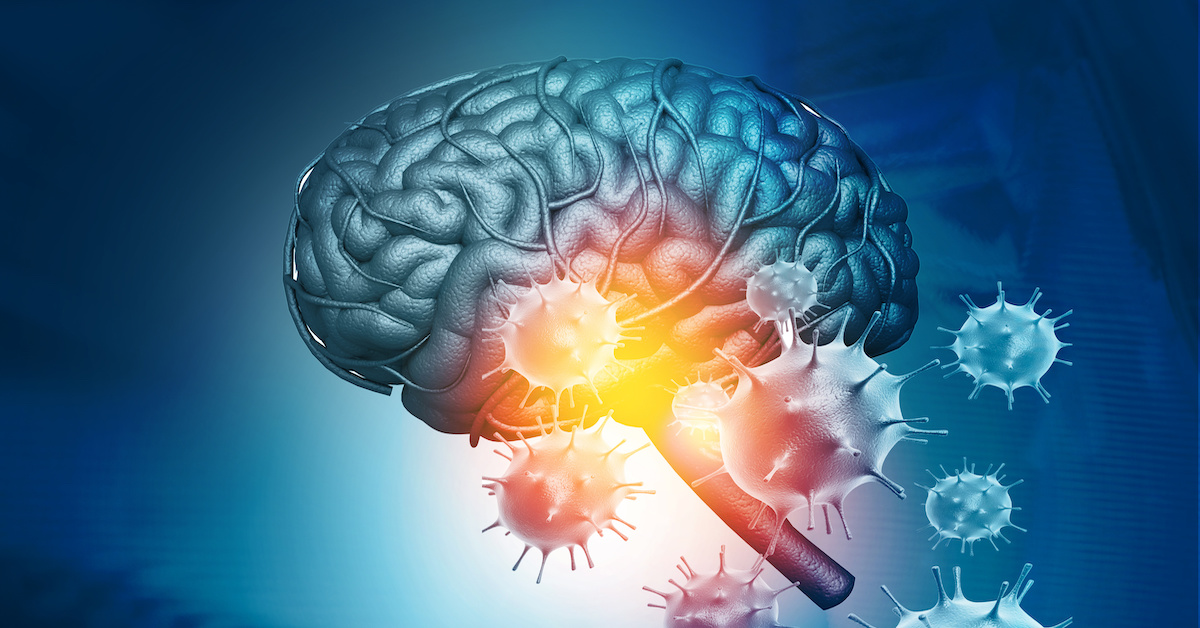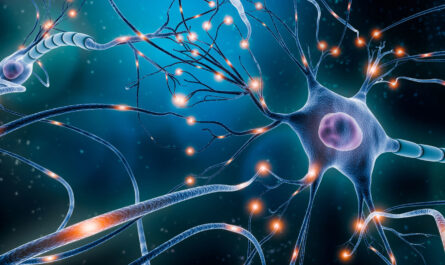The University of South Australia (UniSA) is calling on the public for support in its pioneering brain cancer research, aiming to save countless lives in the process.
Each year in Australia, around 2,000 individuals are diagnosed with various types of brain cancer, with a staggering 78% of them not surviving beyond five years.
UniSA researchers from the Centre for Cancer Biology (CCB) have been granted nearly $900,000 from the NeuroSurgical Research Foundation (NRF) for 15 ongoing projects in 2023. While the grants provide a significant boost to the research, additional public support is still crucial.
Of the projects receiving funding, two are particularly noteworthy. The first project is the establishment of a pediatric brain cancer biobank, while the second project focuses on developing new immune-based therapies for glioblastoma, the deadliest form of brain cancer.
The pediatric brain cancer biobank is expected to revolutionize treatment outcomes for 120 children diagnosed each year. Grants totaling $250,000 have been pledged by the NRF, Wilkins Family Foundation, and the Harvey Foundation, spanning from 2023 to 2025.
Professor Stuart Pitson, UniSA Research Professor and Head of the Molecular Therapeutics Laboratory at the CCB, emphasizes that the biobank will enable researchers to identify improved therapies with fewer side effects for children. While some brain tuamors are currently incurable, the adverse effects of surgery, chemotherapy, and radiotherapy pose long-term challenges for young patients. By collecting fresh tumor material from children as part of their regular treatment, the biobank will facilitate the development of individualized cell lines and organoids. This will contribute to a deeper understanding of different tumor responses and increase the chances of discovering effective treatments.
In another groundbreaking project, Associate Professor Lisa Ebert from the CCB will receive $300,000 from the James and Diana Ramsay Foundation (JDRF) to develop immune-based therapies for glioblastoma over the next three years. This collaboration with the Royal Adelaide Hospital involves isolating T cells, a key component of the body’s immune system, from patients’ blood and engineering them genetically to target and destroy cancer cells. The modified T cells are then reintroduced into the patients’ bloodstream, offering a potentially promising treatment avenue.
At present, two brain cancer CAR-T cell trials are already underway. However, further research is essential to comprehend the mechanisms behind these treatments and identify the most effective scenarios for their application.
UniSA’s brain cancer research endeavors represent a significant step towards improving survival rates and minimizing the devastating impact of brain cancer on patients and their families. The public’s support is crucial to continuing this essential work and ensuring the development of more effective therapies for this devastating disease.
Note:
- Source: Coherent Market Insights, Public sources, Desk research
- We have leveraged AI tools to mine information and compile it


